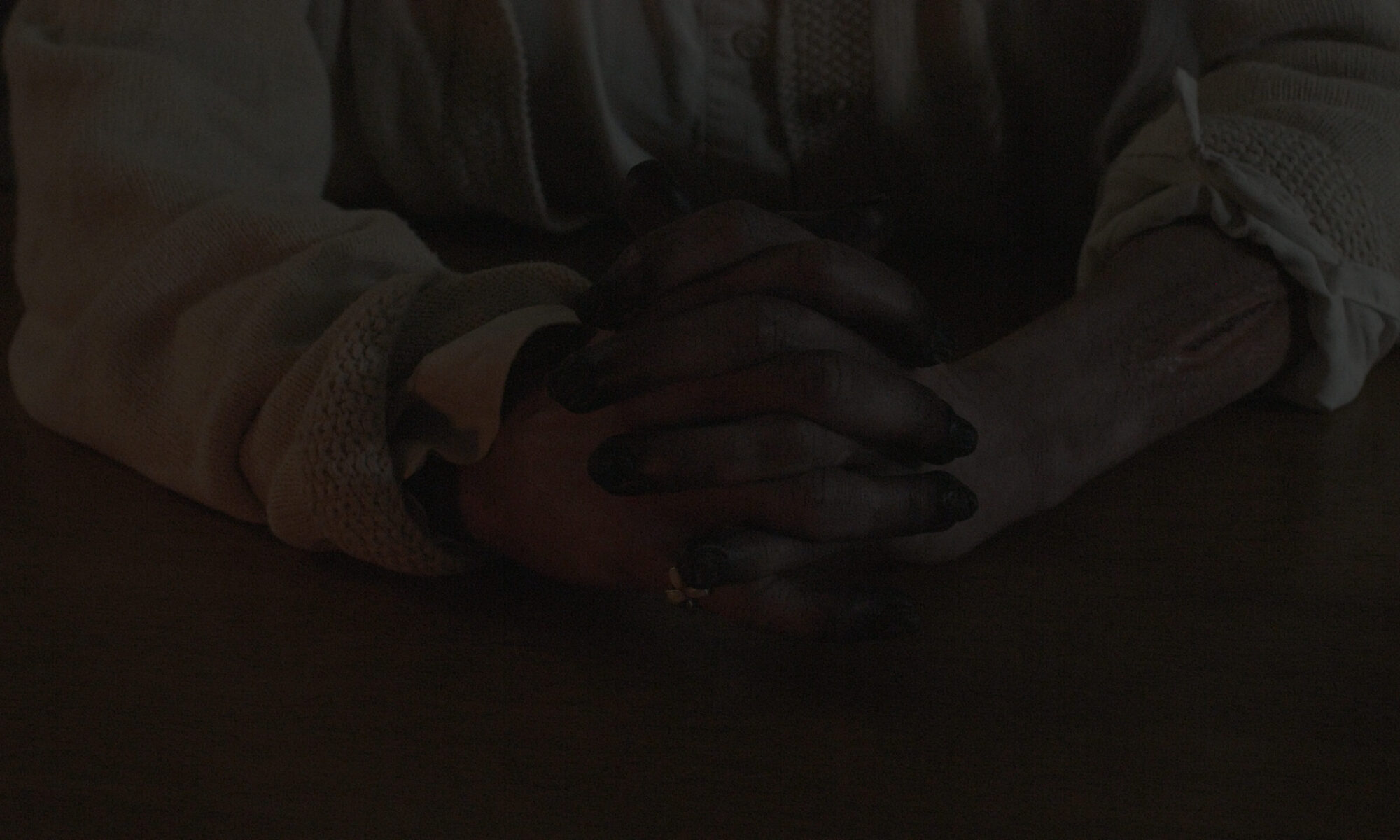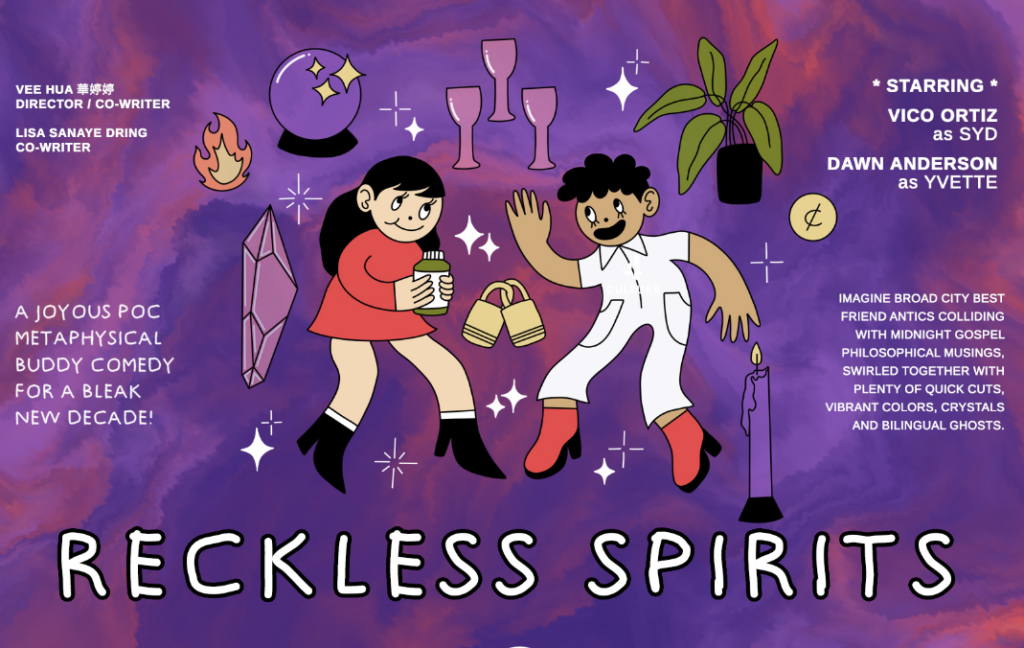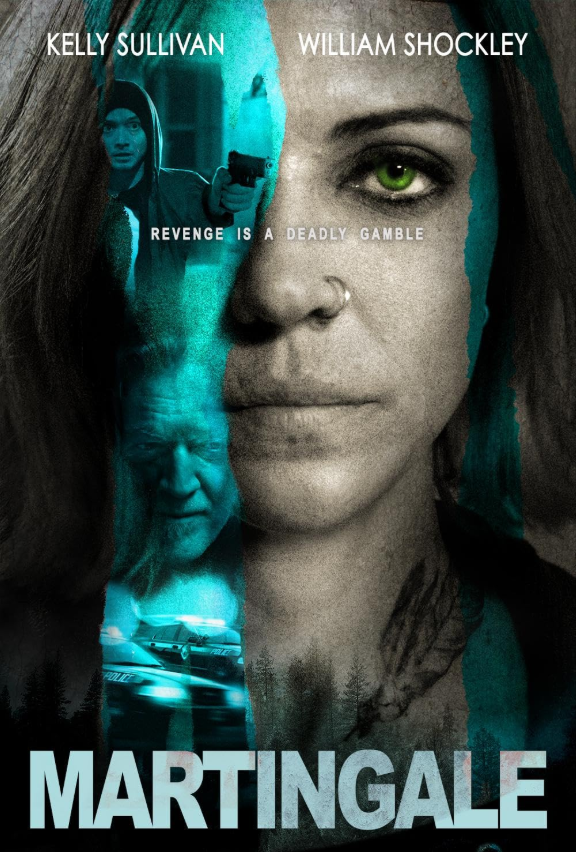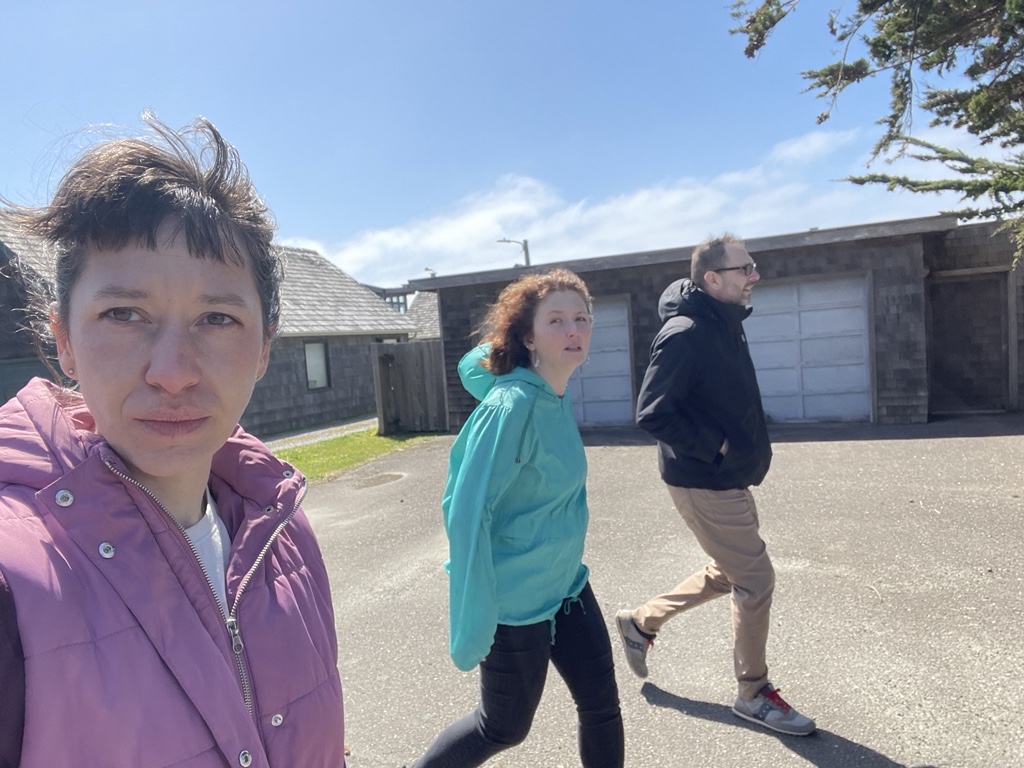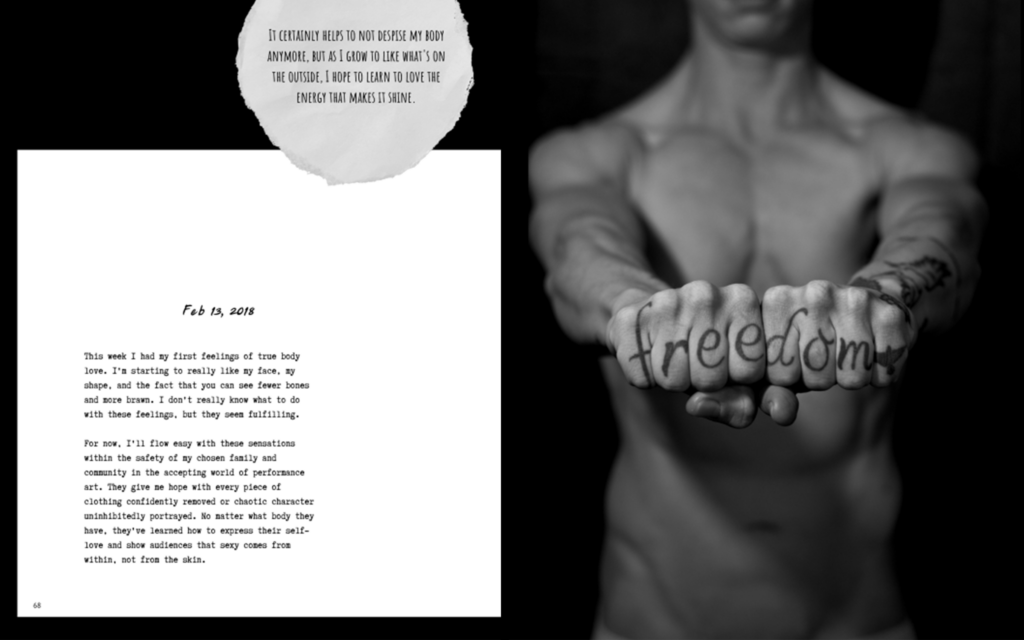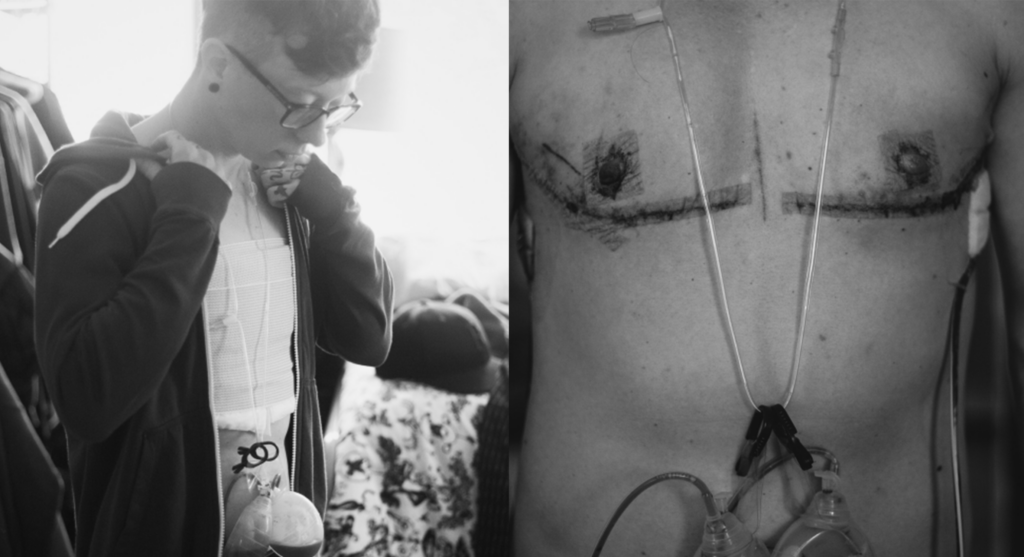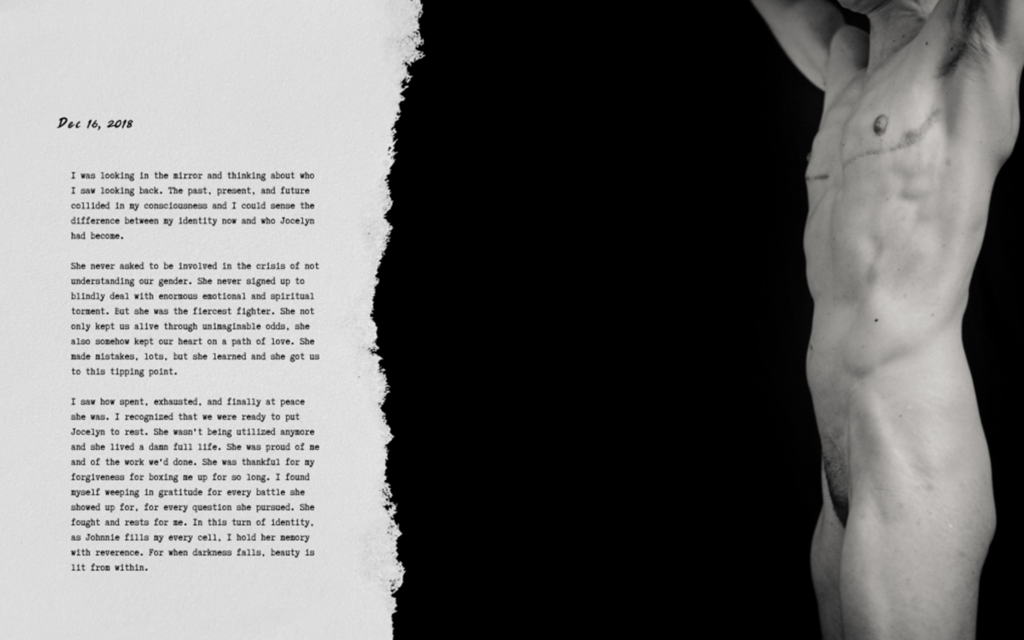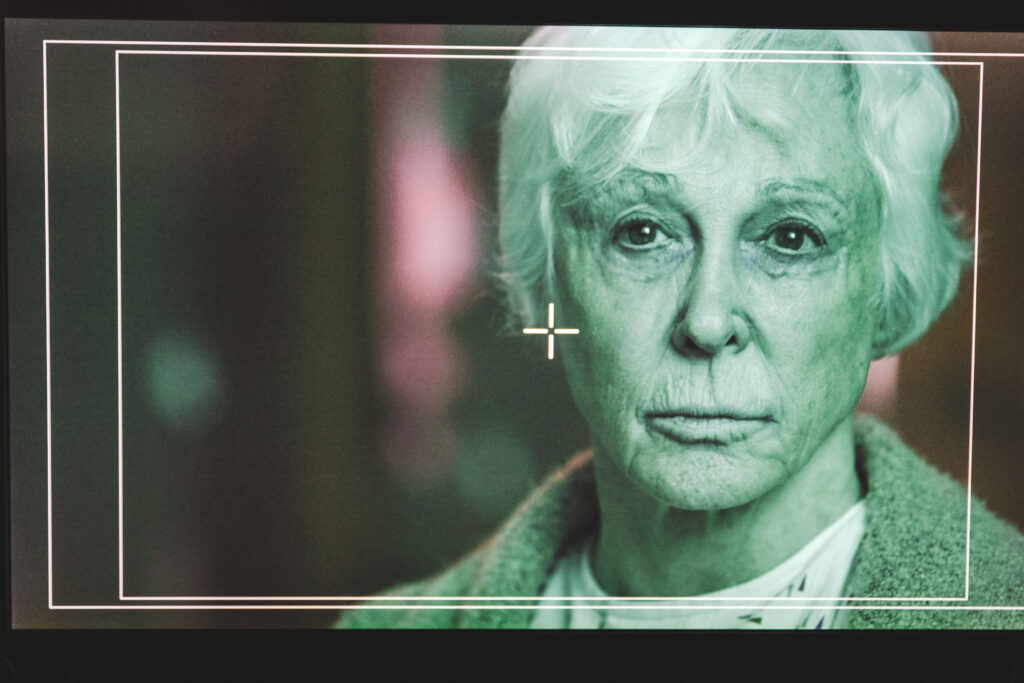
“The pardons don’t just forgive, they endorse, transforming accountability into proof of persecution. Without our work, this chapter, too, will be lacquered in sepia and sold as heritage.”
January 21, 2025. The celebration carries on. For more than nine hundred days, supporters have kept vigil outside this jail, waiting for the release of those they call “J6 Patriots.” Now they greet them as heroes. My partner, the photojournalist Carrie Schreck, and I duck into a neighborhood pub to thaw. She’s rattled—I see it in her shoulders, the way she grips her glass. We didn’t know each other on January 6, but she was there, too—navigating a crush of flesh and fury, praying that if she went down, her body would at least shield her camera’s memory card from being crushed. Unlike our press-corps peers in Kevlar and gas masks, we had only N95s—hers obscured by a red, white, and blue bandanna. Now, at the bar, she’s sharp but bleary-eyed, her frustration spilling over. A Proud Boy sidles up, trying to charm, trying to bait. Inexplicably, she doesn’t brush him off, but instead leans in, ready to spar. Soon, they’re locked in a lively debate.
Ronald Sandlin appears, beaming like an old friend as he grips my hand. His once-public record—assaulting officers, storming the Senate—is in the process of being deleted from the DOJ website. He offers to buy a round, laughing a little too hard as he recalls a hundred and thirteen days in solitary at the so-called “DC Gulag,” where suffocating heat met him at the door, a dead roach his only companion. Desperate, he prayed, but God didn’t answer—only a voice through a vent: “Shut up. You’re in hell, motherfucker.” Before long, he’s inviting us to a steakhouse dinner, a victory feast in honor of another freshly freed J6er named Jake Lang. The invitation isn’t just hospitality—it’s a show of power.
